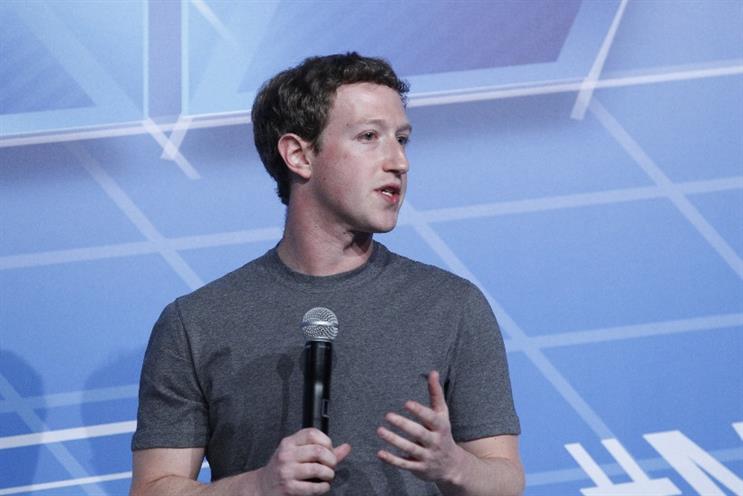
Telefonica’s head of global advertising, Daniel Rosen, put it most succinctly: "I’m not finding very much that is very interesting at Mobile World Congress. You could say that the mobile market is really maturing."
In Western Europe and the US, where smartphones have reached saturation, this is certainly true, and Rosen’s view was echoed by others.
That might explain why some of the internet economy’s leading lights are now turning their attention to emerging economies, where connectivity remains low.
What's striking to me is the lengths people will go to to get connectivity
Facebook CEO Mark Zuckerberg and Wikipedia founder Jimmy Wales separately outlined their visions for getting the rest of the world online.
Free internet
In his keynote speech, Zuckerberg spoke passionately about the benefits of getting disconnected areas online, such as Colombia, India and Indonesia.
This time last year, Zuckerberg launched Internet.org, a co-operative attempt that sees Facebook partnering with mobile operators to offer basic, free internet and services to areas with no connectivity.
The goal is to get users signing up, and then upgrading to better data plans - an incentive for operators to join the programme.
In his efforts to get partnerships with local carriers off the ground, Zuckerberg has spent the last year travelling to disconnected areas to get a sense of what future users might need.
He said: "Whenever I go to a new place, I try and see how connectivity is impacting people. What's striking to me is the lengths people will go to to get connectivity.
"When I was in Jakarta, there was this village the locals called a 'cyber village', because the citizens had organised a lobby to get their government to connect this village. And people were actually moving there."
He added: "We have those partnerships and we're proud of the work we've done with operators."
No longer the others
Jimmy Wales said it was important not to regard newly connected regions as "the others". If anything, new mobile users might adapt faster to mobile because they have never been hindered by the idea of PCs.
When you look at the top websites across Africa, you see Google, Facebook, Wikipedia, Twitter, local newspapers
Wales said: "The next billion people are coming online much faster than people thought they would, and that’s a really important social change that will have enormous impact on the world.
Speaking about newly connected mobile users in Kenya, Wales noted that while it was interesting that locals looked up crop prices or malaria, this was a "distraction".
He said: "When you look at the top websites across Africa, you see Google, Facebook, Wikipedia, Twitter, local newspapers. The point here is that as this next billion people comes online, they are joining the global conversation. They do everything we do online."
"Of course there are local idiosyncrasies, but the truth is, we can’t think of these people as others."
Recommended



.jpg)
.jpeg)
